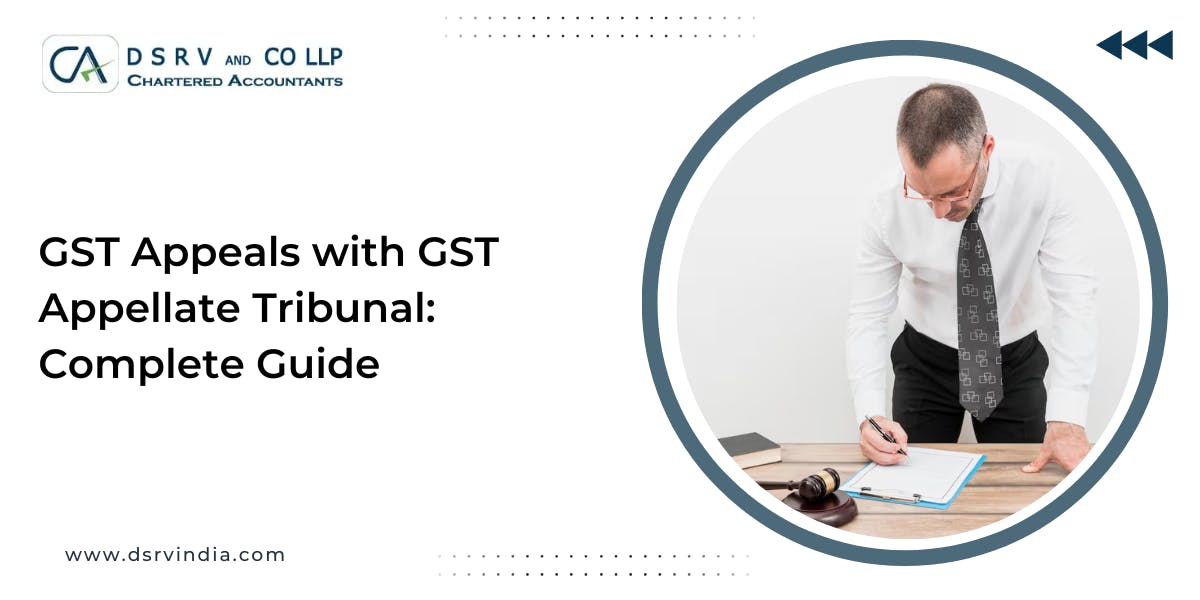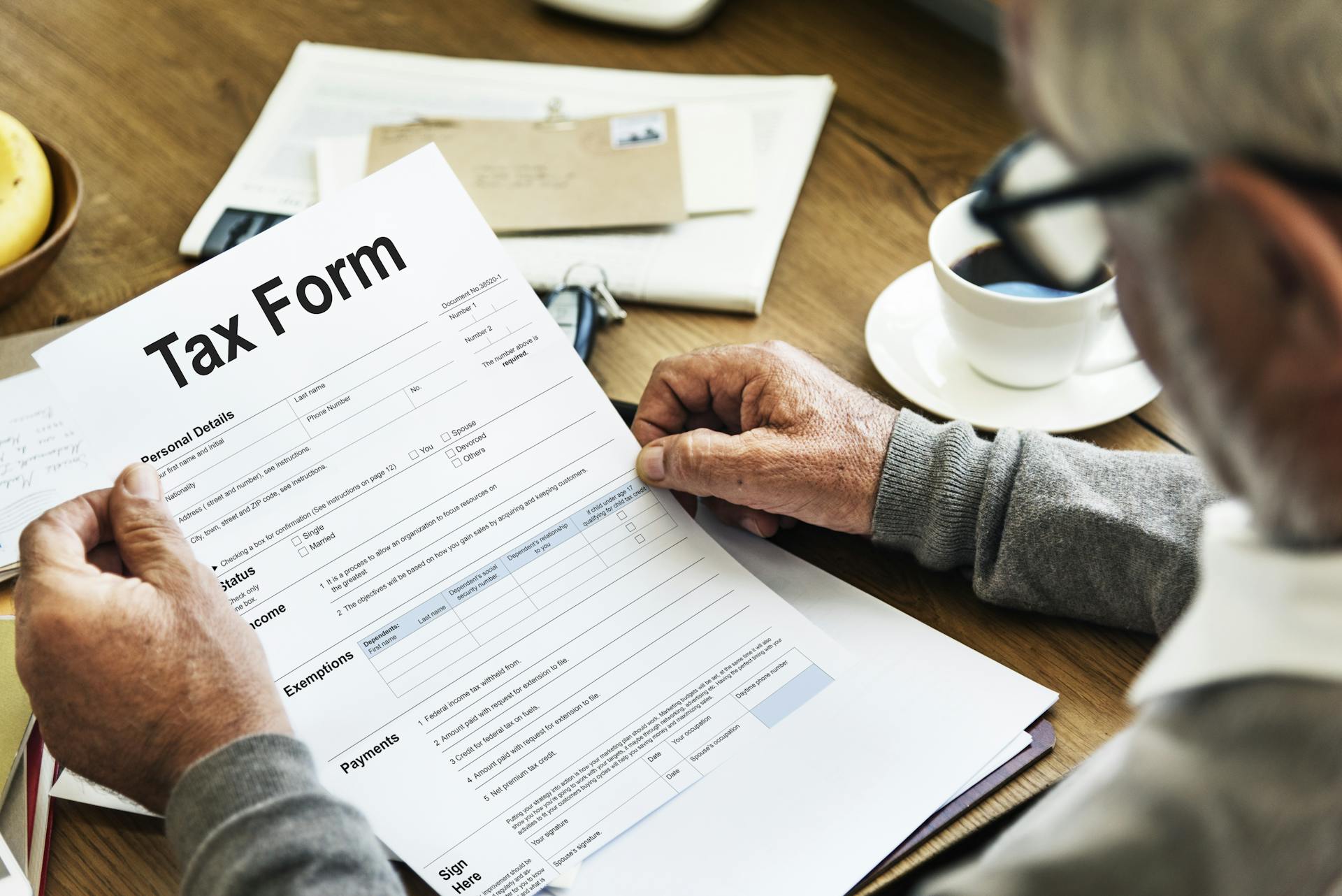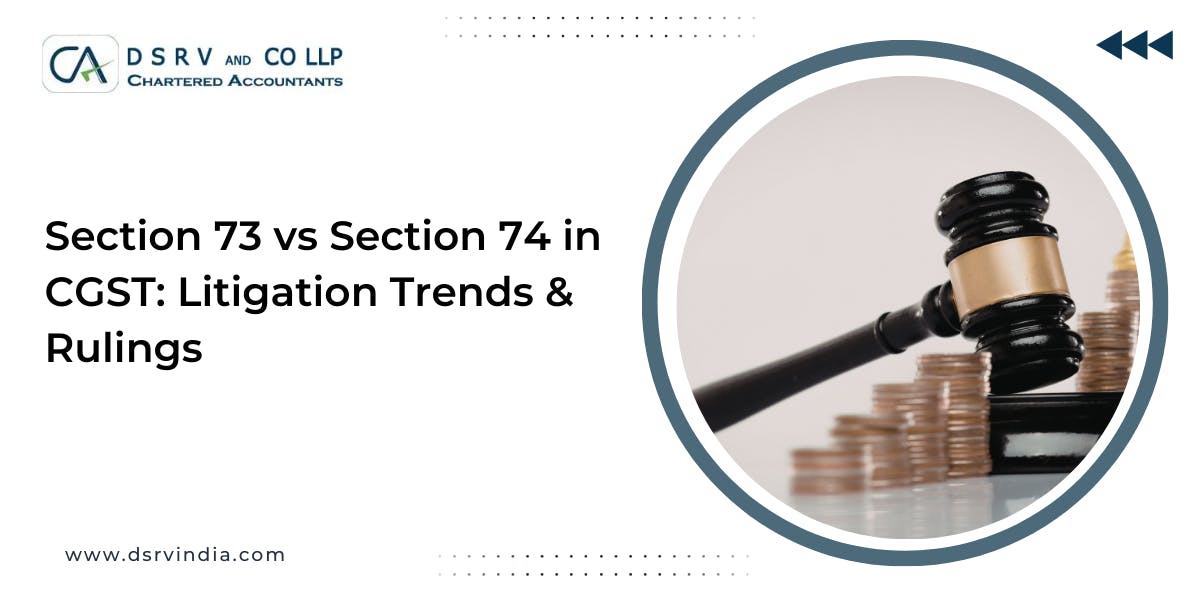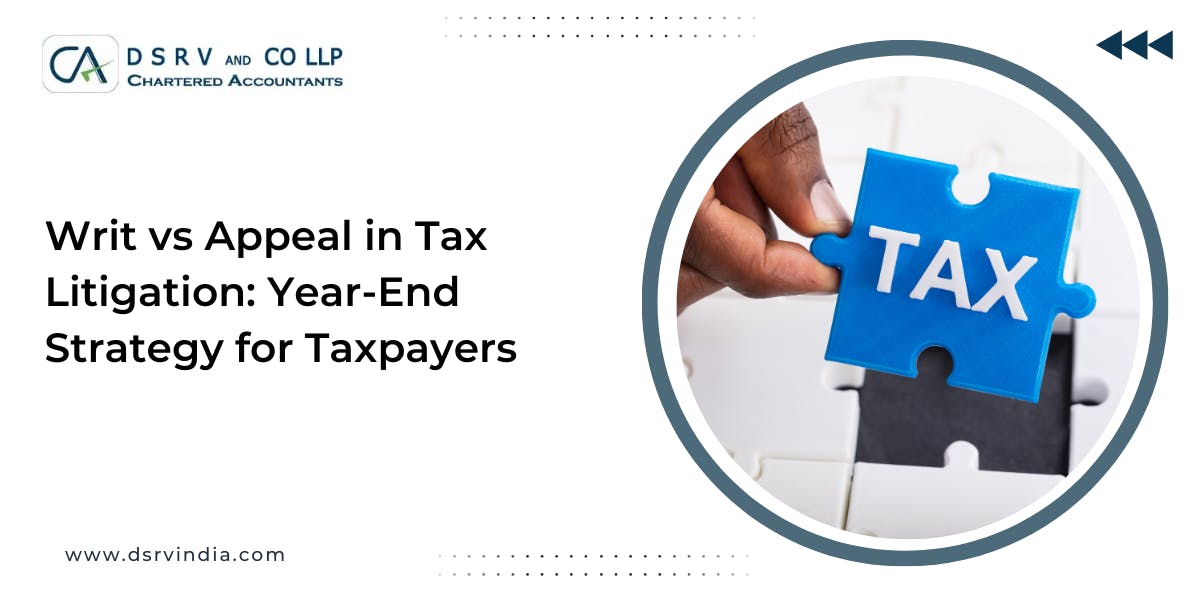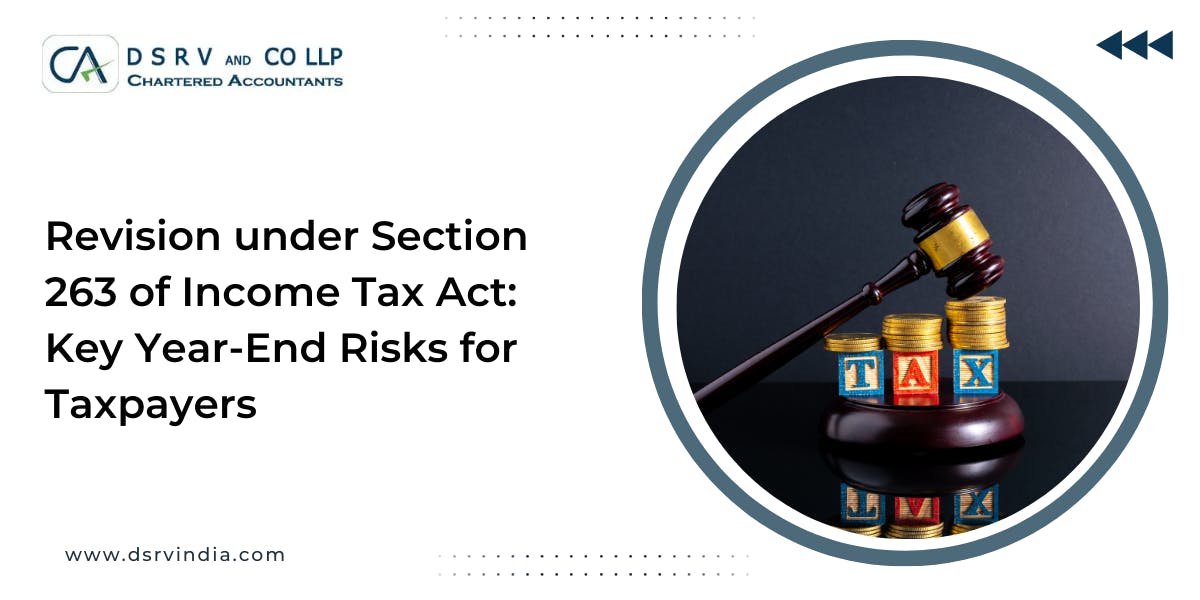The Goods and Services Tax (GST) has simplified India’s indirect tax system, but as businesses grow, disputes and differences with the department are bound to occur. Whether it’s about tax demands, interest, penalties, or Input Tax Credit (ITC), the law provides a structured system of appeals to ensure fairness.
In 2025, the GST Appellate Tribunal (GSTAT) has become the crucial appeal forum for resolving complex GST disputes. This newly operational body offers taxpayers a faster, specialised, and balanced mechanism for appeals against the orders passed by lower authorities.
This article explains everything about appeals before the GST Appellate Tribunal under the GST law, including its composition, appeal filing process, required documents, timelines, and fees.
👉 Need to file a GST appeal? CA in Gurgaon can help you file an appeal professionally and represent your case before the Tribunal.
What Is the GST Appellate Tribunal (GSTAT)?
The GST Appellate Tribunal (GSTAT) is a quasi-judicial authority established under Section 109 of the CGST Act. It hears appeals against the decisions of the First Appellate Authorities or Revisional Authorities under the Goods and Services Tax law.
Purpose of GSTAT
The appellate tribunal under GST aims to ensure that businesses get fair hearings without the long delays of the court system. It acts as the second appeal level after the First Appellate Authority and before the High Court.
The Tribunal is designed to:
- Hear appeals against the orders of lower authorities.
- Maintain uniform interpretation of GST laws.
- Reduce the burden on High Courts.
- Ensure faster resolution of disputes.


